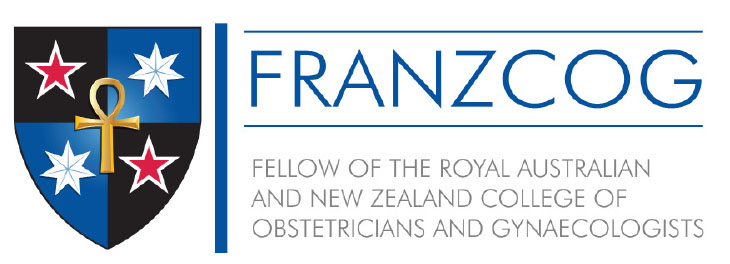
May 3, 2018
Discovery of new treatment for preeclampsia
Preeclampsia is a serious complication of pregnancy. It is characterised by high blood pressure and protein in the urine and there can be signs of multisystem organ involvement and dysfunction. We have identified a medication, safe in pregnancy, that looks like a promising treatment for preeclampsia based on results from laboratory studies. We are now taking this to clinical trial with our fabulous clinical colleagues in South Africa.
See the Age article on us posted below
Click this link to see the article in the Age
Australian scientists discover new treatment for preeclampsia.
Australian scientists are confident they have discovered a treatment for preeclampsia, a condition that kills 60,000 pregnant women globally each year and many more babies.
In a significant breakthrough, a team of Melbourne researchers has found that a cheap drug already used to treat diabetes – metformin – can block the release of toxins from the placenta when preeclampsia is present.
The drug also seems to heal injured blood vessels – another effect of the disease which strikes about 15,000 pregnant women in Australia each year, causing many to deliver premature babies.
The researchers from the Translational Obstetrics Group at Mercy Hospital for Women and the University of Melbourne discovered the effect in laboratory studies of placentas from healthy pregnancies and those with pre-eclampsia.
They are now hoping to test metformin as a way of preventing the condition and treating it. If funding for more research is secured, the trials could start as early as next year.
Dr Fiona Brownfoot, lead author of the study being published in the American Journal of Obstetrics and Gynecology today, said it was an exciting finding because metformin has already been deemed safe for pregnant women and their babies due to its use for diabetes. The drug is also off patent, which means it could be used in poor countries where most deaths from the preeclampsia occur.
“It’s very cheap and it’s a tablet so you don’t need a fridge to store it, which means it could be the perfect drug for the third world,” she said.
Professor Stephen Tong, head of the team, said there were no drugs to treat preeclampsia which affects 3-8 per cent of pregnant women from 20 weeks’ gestation. It involves destructive molecules being released from the placenta into the mother’s bloodstream which damage blood vessels. This causes high blood pressure and damage to vital organs including the liver, kidneys, brain, lungs and blood clotting system. In severe cases, it can cause seizures and death.
At the moment, doctors caring for women with preeclampsia walk a tightrope, balancing risks to both the mother and baby because the only treatment for the condition is birth. This means women are often admitted to hospital for monitoring and when the condition becomes too risky for her, the baby is delivered, often prematurely. Prematurity puts babies at risk of death, disability and cerebral palsy.
Dr Brownfoot said the only other treatment being tested for preeclampsia is Pravastatin – a drug being trialled in the UK and US.
However, she said Pravastatin may carry risks for pregnant women and their babies.
Metformin has become a focus for researchers in recent years because it is believed to prevent the spread of some cancers and increase life span. Another group of Melbourne researchers are currently testing whether it prevents uterine cancer in women with breast cancer.
New mother Bianca Rotar, 31, said she was thrilled with the research after giving birth prematurely to Lexi at nearly 28 weeks’ because of preeclampsia.
After her diagnosis, Ms Rotar was monitored in hospital for four days before it became too risky for her to continue the pregnancy. Her daughter, who weighed just 623 grams at birth, has been in the neonatal intensive care unit for two months.
“It’s great news … I’m hoping I can try this drug next time around because I’ve been told I’m at high risk for other pregnancies,” she said.






